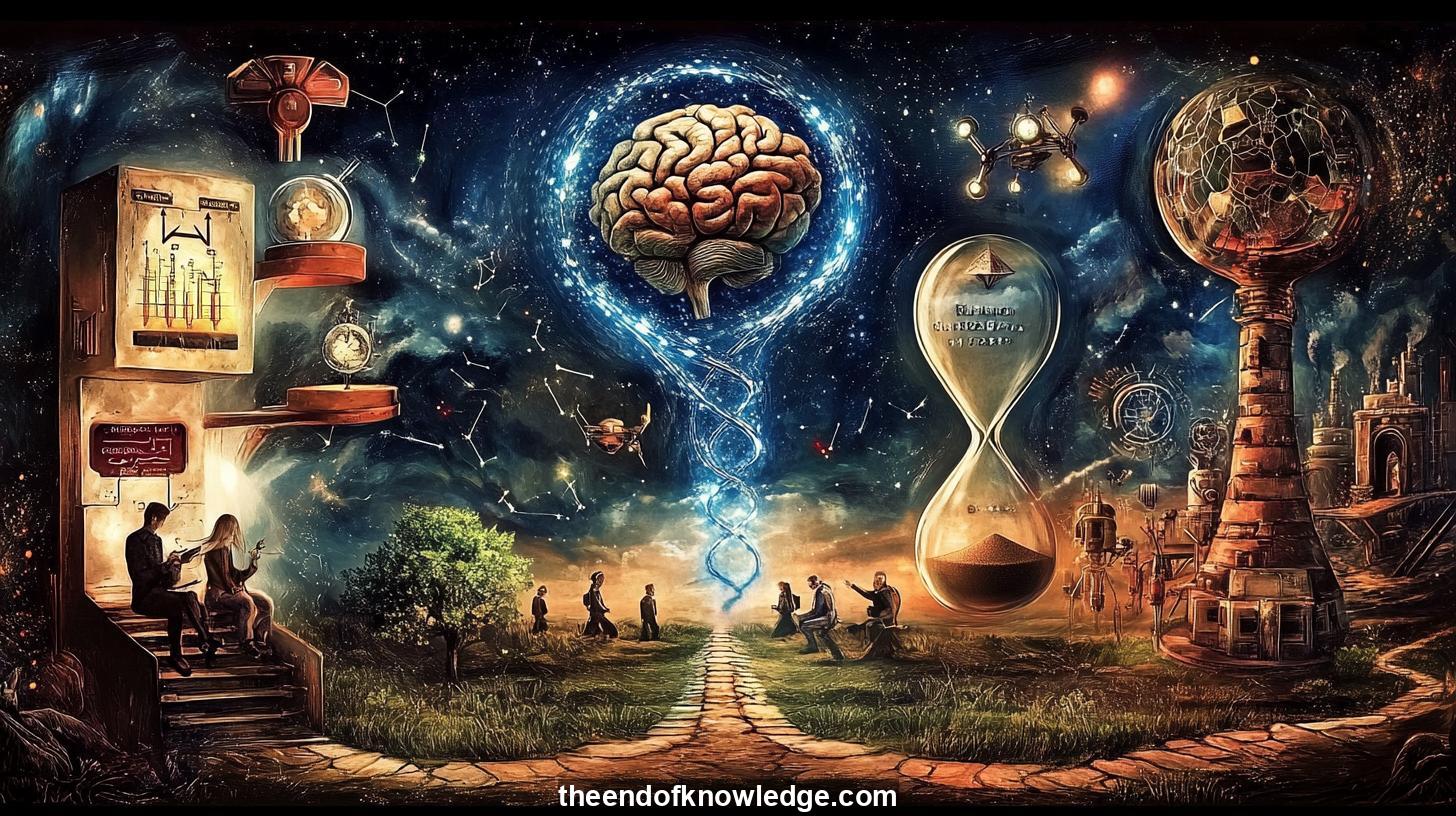 >
>
Concept Graph, Resume & KeyIdeas using DeepSeek R1 :
Resume:
explores the concept of self-replicating artificial intelligence (AI) and its implications, drawing parallels with biological systems and the work of pioneers like John von Neumann. It discusses the potential for AI models to improve themselves autonomously, inspired by biological replication, and the ethical considerations surrounding such technologies. The text delves into the technical aspects of AI replication, including the use of agent scaffolding and the challenges of ensuring safety and control. It also touches on the future of AI, highlighting the need for regulation to prevent misuse and the potential societal impacts of advanced AI systems. The discussion emphasizes the importance of understanding the ethical dimensions and the need for ongoing research to manage the risks associated with self-replicating AI.30 Key Ideas:
1.- discusses self-replicating AI, inspired by biological systems like DNA replication.
2.- Von Neumann's universal constructor is referenced as a precursor to modern AI replication concepts.
3.- Agent scaffolding is introduced as a technique to guide AI in replication and improvement tasks.
4.- The ethical implications of autonomous AI replication are explored, including potential risks.
5.- The importance of safety protocols in AI development is emphasized to prevent misuse.
6.- Biological hybrid systems, combining digital and biological elements, are mentioned as future possibilities.
7.- The potential for AI to surpass human intelligence is discussed, raising ethical concerns.
8.- The need for international regulation of AI technologies is highlighted.
9.- references the Asilomar conference, where ethical AI guidelines were established.
10.- The rapid progress in AI capabilities, particularly in China, is noted.
11.- The concept of superintelligence and its potential impact on humanity is explored.
12.- The importance of understanding AI's societal implications is stressed.
13.- The text discusses the challenges of controlling autonomous AI systems.
14.- The potential for AI to evolve beyond human control is a key concern.
15.- mentions the role of companies like Cortical Labs in advancing AI technologies.
16.- The integration of AI with neuroscience is explored for future advancements.
17.- The ethical debate surrounding AI rights and personhood is touched upon.
18.- discusses the potential for AI to revolutionize industries like healthcare and education.
19.- The importance of public awareness and education about AI is emphasized.
20.- The need for diverse perspectives in AI development is highlighted.
21.- references the potential for AI to address global challenges like climate change.
22.- The importance of transparency in AI decision-making processes is discussed.
23.- The potential for AI to enhance human creativity and problem-solving is explored.
24.- discusses the challenges of ensuring AI systems are aligned with human values.
25.- The importance of international cooperation in AI regulation is emphasized.
26.- The potential for AI to improve cybersecurity and data protection is mentioned.
27.- references the role of AI in space exploration and colonization.
28.- The importance of addressing bias and fairness in AI systems is discussed.
29.- The potential for AI to revolutionize transportation and logistics is explored.
30.- concludes by emphasizing the need for ongoing research and ethical consideration in AI development.
Interviews by Plácido Doménech Espí & Guests - Knowledge Vault built byDavid Vivancos 2025